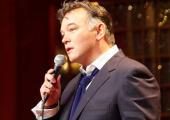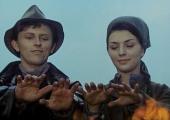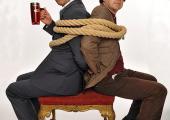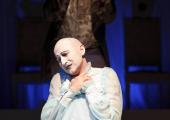The School for Scandal, Barbican Theatre
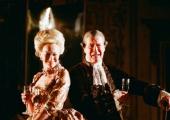
All the sound and fury in the world fails to turn a Sheridan comedy into an epic
"There’s no possibility of being witty without a little ill-nature,” preaches the Gospel according to Richard Brinsley Sheridan. What the playwright omits to mention, however, is that it is possible to be ill-natured without in fact being terribly witty, a flaw that proves almost fatal for Warner’s acerbic, alienated new production of The School for Scandal. Overstyling Sheridan’s most stylised of comedies, Warner turns what Hazlitt described as the most “finished and faultless” play into a mass of tensions, exaggerations and contradictions. The result can be exhilarating in the moment, but wears off into confusion and a slight headache.

